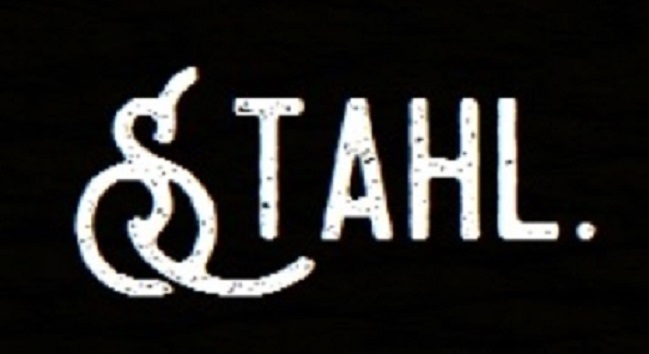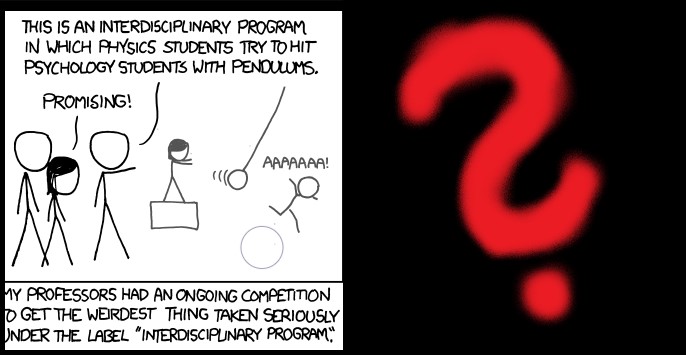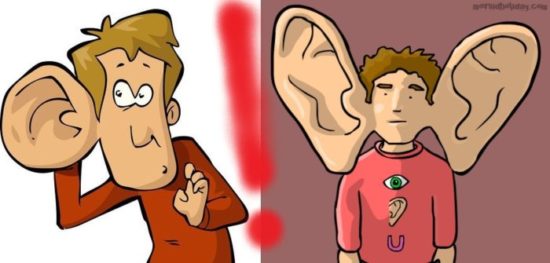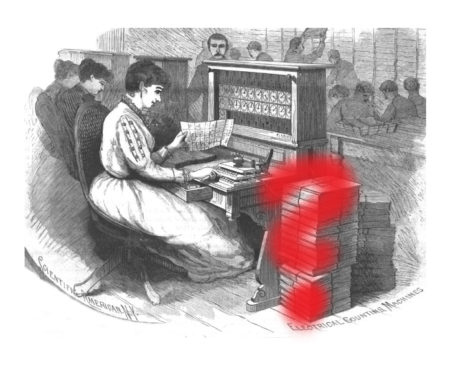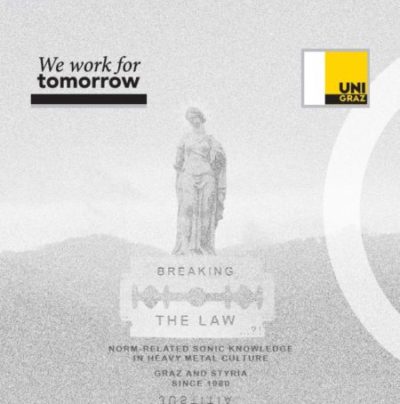Currently, I am putting final touches on the manuscript of my book on European metal cultural history.1 In this stage of revision, I have been thinking a lot about the forms interdisciplinary and transdisciplinary cooperations take in metal studies. In the following, I elaborate upon my view of these in our field crucial processes and invite my peers to discussion.
In each of the currently existing introductory books to our field (and also in more specialized studies), the character of metal research is described as interdisciplinary and transdisciplinary. It is a discourse, in that since its inception around 1990 scholars from musicology, sociology, philosophy, linguistics, the study of religion etc. cooperate and discuss a shared subject: metal.
However, often we approach the shared subject from very different angles and speak different disciplinary languages. For each of us, the epistemic and theoretical vocabularies we use are informed by our various disciplinary trainings. In my case, I live in the world of an Austrian historian, educated in this small country in central Europe. Thus metal studies, beneath the surface, is not only an interdisciplinary and transdisciplinary enterprise but also an ‘inter-identitary’ and ‘trans-identitary’ one, transgressing the boundaries between our sociological, musicological, historiographical, philosophical etc. identities.
This has serious consequences. In metal studies, at conferences, in book projects, in collaborations and cooperations, we regularly face situations of conflict, of nonunderstanding and of misunderstanding caused by our various disciplinary traditions. From my point of view, there can be only one solution to this crucial issue: more theoretical self-reflection and and a clearly and explicitly defined theoretical language.
In the sense of Savigny and Schaap’s recent essay on ‘putting the studies back into metal music studies’,2 we should lead an open discussion on key terms like ‘metal’ itself, but also on ‘scene’, ‘time’, ‘space’, ‘sound,’ ‘history’, ‘identity’, ‘culture’…obviously, the list ist opend-ended. The point here is to put more emphasis on explicit work on terminologies – in order to perhaps give birth to an independent language of metal studies.
